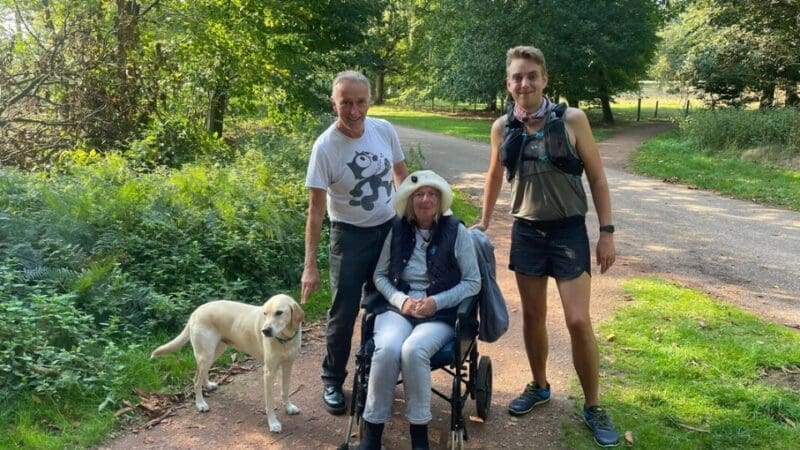
“I write poetry to express my feelings and honour Dad”
Serena shares how writing poetry has helped her to process her feelings since her dad’s dementia diagnosis. She now shares her poetry as a way to honour her dad and to encourage other people affected by dementia to share their own experiences.


